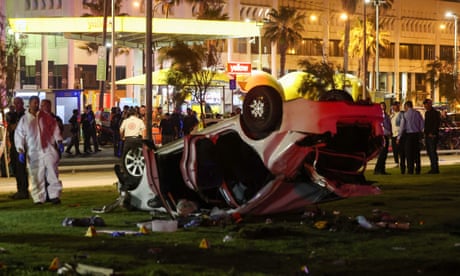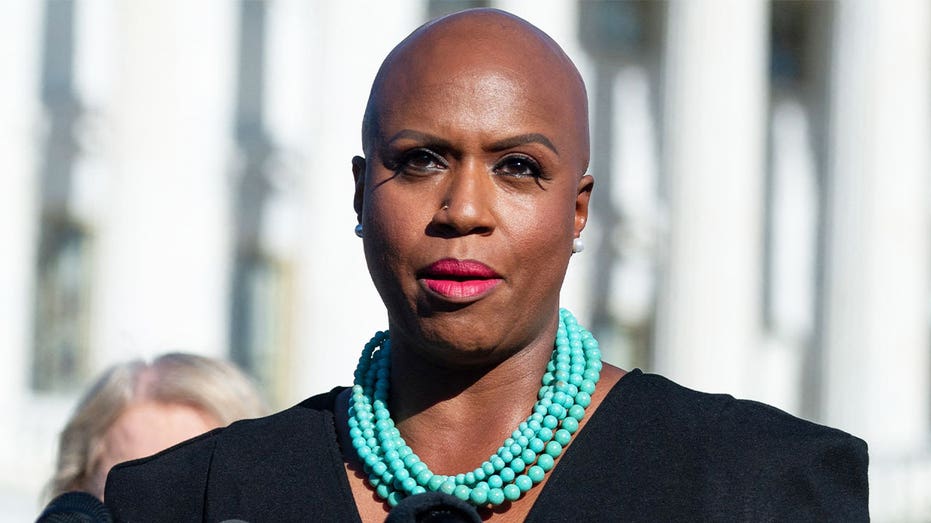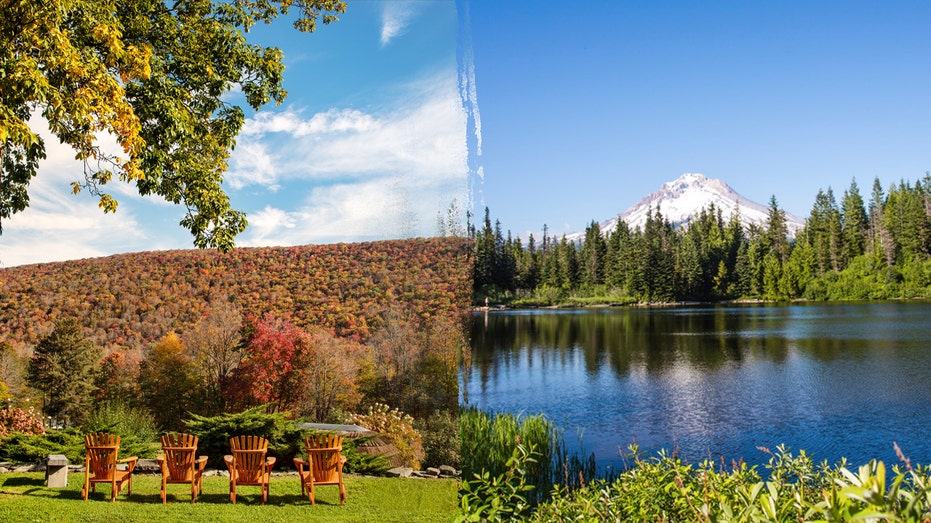- by foxnews
- 25 Nov 2024
Tensions run high across Israel after car ramming attack leaves tourist dead
Tensions run high across Israel after car ramming attack leaves tourist dead
- by theguardian
- 09 Apr 2023
- in news

That attack followed a shooting earlier in the day in the north of the occupied West Bank that killed two British-Israeli sisters, aged 15 and 20, and left their 48-year-old mother in critical condition after their car veered off the road. On Saturday evening, the two sisters killed were named as Rina and Maya Dee by Israeli prime minister Benjamin Netanyahu.
Whenever a large amount of blood is shed in this decades-old conflict, people living on both sides of the Green Line brace for the outbreak of a third intifada, or Palestinian popular uprising.
Serious escalation last week in the already combustible region, drawing in neighbouring Lebanon, has shown that a wider war on multiple fronts is also a substantial threat.
As is often the case, the latest surge of violence in the Holy Land was triggered by events in the old city of Jerusalem, home to dozens of sacred Jewish, Muslim and Christian sites.
This year, the city is thronged with an unusually large influx of people owing to the rare convergence of Ramadan with both Passover and Easter, and tensions were already running high.
Under a longstanding compromise implemented after the 1967 war, non-Muslims are allowed to visit but not pray at the Temple Mount, known in Islam as al-Haram al-Sharif, and any perceived attempt to alter the arrangement acts as a catalyst for violence.
The sit-in violated an agreement with the Jordanian body that administers the site that no one would be allowed to stay in the house of prayer overnight during the holy month.
But that evening, there were particular Palestinian fears that Jewish visitors from an ultranationalist group would attempt to carry out a traditional sacrifice for the start of Passover, upsetting the sensitive religious status quo, and hundreds of people decided to stay.
Video of the confrontations at the third holiest site in Islam showing Israeli police hitting young men with the butts of rifles and batons were met with outrage across the Muslim world, and quickly spiralled into a cross-border standoff with Palestinian militants in Gaza and Lebanon.
Although the Israeli army appeared content to brief that they believed the Palestinian Islamist group Hamas was behind the salvo from Lebanon, Hezbollah must have at the very least given its consent for the attack.
And while the lack of casualties along the borders suggested that all sides want to avoid escalation, continued attacks in the West Bank and Tel Aviv means the situation remains volatile.
Iran, which has vowed to destroy the Jewish state, is watching closely for an opportunity in what it sees as a moment of Israeli weakness.
Netanyahu was last week forced to convene a security cabinet filled with rightwing extremists who want full annexation of the West Bank, as well as a defence minister he technically fired two weeks ago and did not replace.
The ascent of the far-right in Israeli politics has fuelled speculation that any hope for peace, or a two-state solution, is all but dead: recent polling shows that more and more people in Israeli and Palestinian society appear to be resigned to a one-state reality, predicated on permanent occupation.
But as the Palestinian people chafe under occupation without end, the price Israel must pay to maintain the status quo is rising too.
- by foxnews
- descember 09, 2016
'Quiet travel' is having a moment; here are top US spots where you can embrace the trend
Here are 10 destinations for "quiet travel" in the U.S. to check out if you're ready to unplug and unwind on your next vacation. From Maine to Florida, Oregon and more, see the list.
read more


